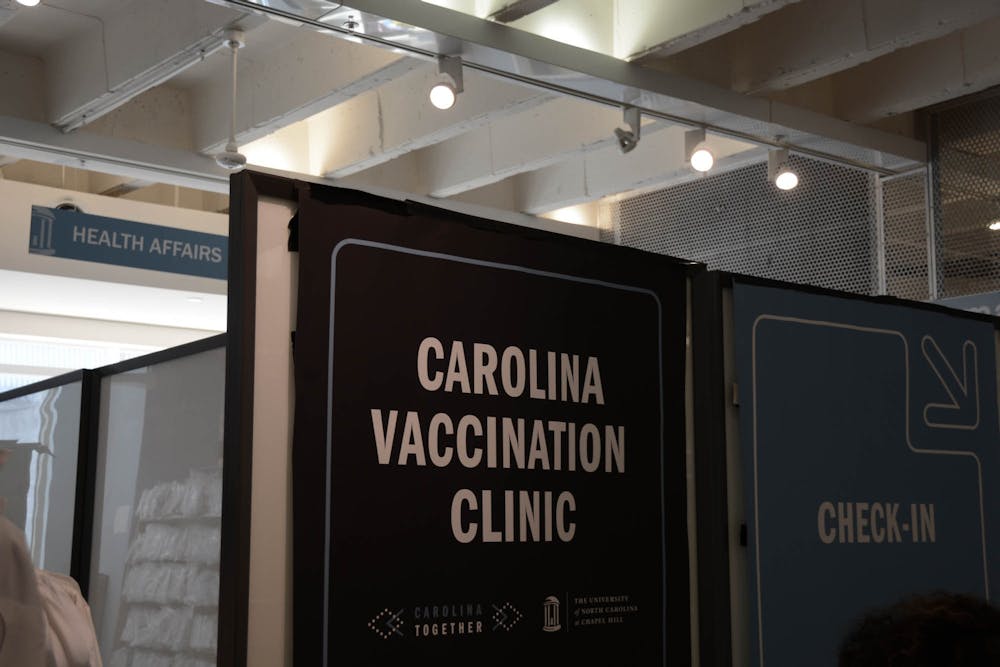The first pediatric flu death of the 2022-23 flu season in North Carolina occurred this week, according to the North Carolina Department of Health and Human Services. This is the first pediatric flu death in the state since February 2020.
According to the NCDHHS, over half of the children who die from the flu do not have any preexisting medical conditions that could put them at risk.
Five adults in the state have also been confirmed to have died from flu complications this season, according to the NCDHHS.
"Those at high risk for serious flu complications include older people, young children, people with certain health conditions or compromised immune systems," Summer Tonizzo, press assistant for the NCDHHS, said.
The identities of the victims are being kept confidential to protect the privacy of the families. The NCDHHS stated in a Nov 2. press release that it has seen a “rapid early rise” in flu cases this season.
According to data from the NCDHHS's Respiratory Virus Surveillance Dashboard, hospitals in the Hospital-Based Public Health Epidemiologist Network reported around a 249 percent increase in positive influenza cases between the weeks of Oct. 22 and Oct. 29. The dashboard was last updated on Nov. 2 by the time of publication.
The Hospital-Based Public Health Epidemiologist (PHE) program is composed of a director and seven Public Health Epidemiologists (PHEs) based in North Carolina's largest hospital systems. The program covers about 38 percent of general and acute care beds and 40 percent of emergency department visits.
“During October through May, NCDHHS’ Division of Public Health provides weekly updates on the spread of respiratory diseases, including influenza and COVID-19, in North Carolina,” Tonizzo said.
The past two season were historically low in flu cases and deaths, according to an Oct. 26 release from the NCDHHS.




